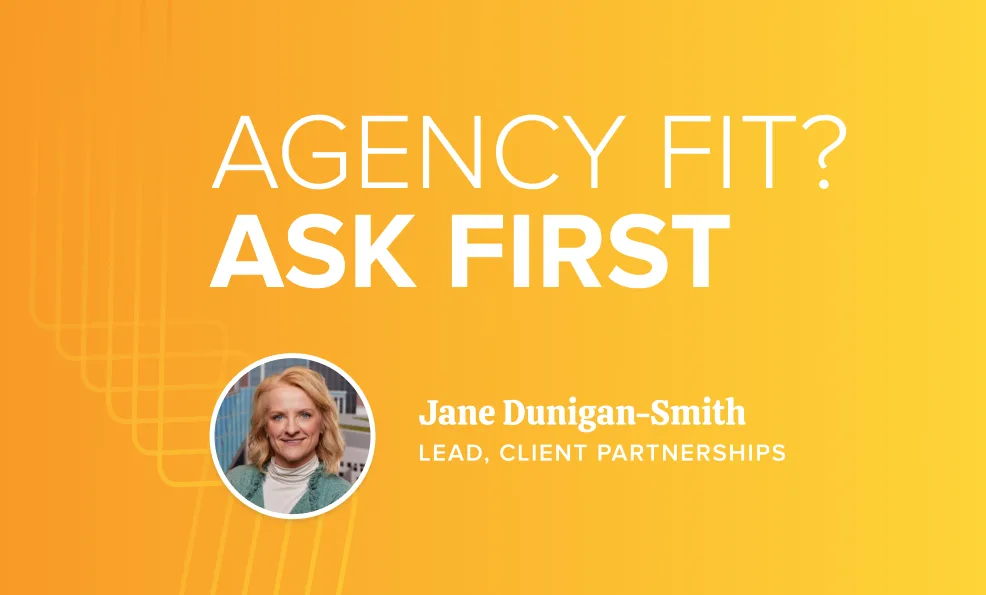
We’ve returned from the 2018 Digital PM Summit in Memphis with lots of ideas for getting more out of our digital projects. Here is a snapshot of our best takeaways.
Reese Henderson
Marketing Specialist
Key Takeaway: A website or digital project should never be considered “done.”
Though it might feel great to put a big green checkmark on a large website project once the product has launched, your digital projects should never be considered complete and left in the rearview mirror to peek at every once in a while.
Trends and customer behaviors are constantly changing, and your online presence should continue to evolve and reflect those changes. Your website should be a living thing and not become stale. Otherwise, why would users remain engaged? It’s important to remember that the research phase that took place a year ago might not be 100% accurate after your project has launched, and that’s totally normal. The key is continuing to find ways to evolve and enhance your product post-launch. Your project process should take the shape of a circle, with no real end date.
Kristina Bender
Marketing Specialist
Key Takeaway: Continue to grow as a team by evaluating project successes and challenges.
The dreaded “post mortem,” or more positively described, “retrospective,” is an opportunity to learn and improve. At times, these may feel like an opportunity to place blame. In reality, retrospectives are a learning opportunity and a way to elicit valuable and meaningful feedback from your project team.
Ask the following questions:
- What worked well?
- What didn’t work well?
- What are we going to try to do differently?
Retrospectives are important for team and company growth. This is the opportunity for your project team to be heard and for changes to be made to process and workflow. It’s important to remember that retrospectives are not just for projects that have been seen as badly managed or stressful but also for projects that everyone considered enjoyable and successful.
By maintaining a positive light and removing the negative connotations within the retrospectives, your team will begin to see these for their value.
“If we show up differently, we will be seen differently.” - Meghan McInery (@irishgirl)
Brittany Schlei
Marketing Director
Key Takeaway: The key to solving anything is asking “Why?”
Your team should never feel they are building something just because a client "wants it.” Instead, everyone should be bought in and working toward a common, agreed upon goal.
During a project, the key focus can many times become what is needed and not why it is needed. Our goal should not be to build a great thing, but instead to build the right thing. Asking “why” is key through all phases of a project, and:
- Provides a big-picture view of the common goal
- Builds loyalty, teamwork, and connection
- Allows us to communicate with empathy as we understand where others are coming from
- Helps us learn not to accept a thought or fact at face value
- Creates and improves our processes
- Identifies gaps in skills or knowledge
It is important to understand that asking “why” does not mean you are challenging an individual or idea. Always direct the question toward finding an end solution to bring you on board for insight and guidance.
We’ll be sharing more about what we learned at the 2018 Digital PM Summit and how we’re using it to drive more strategic work for our clients. Stay tuned.

